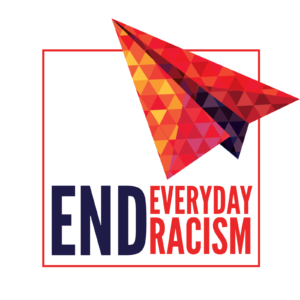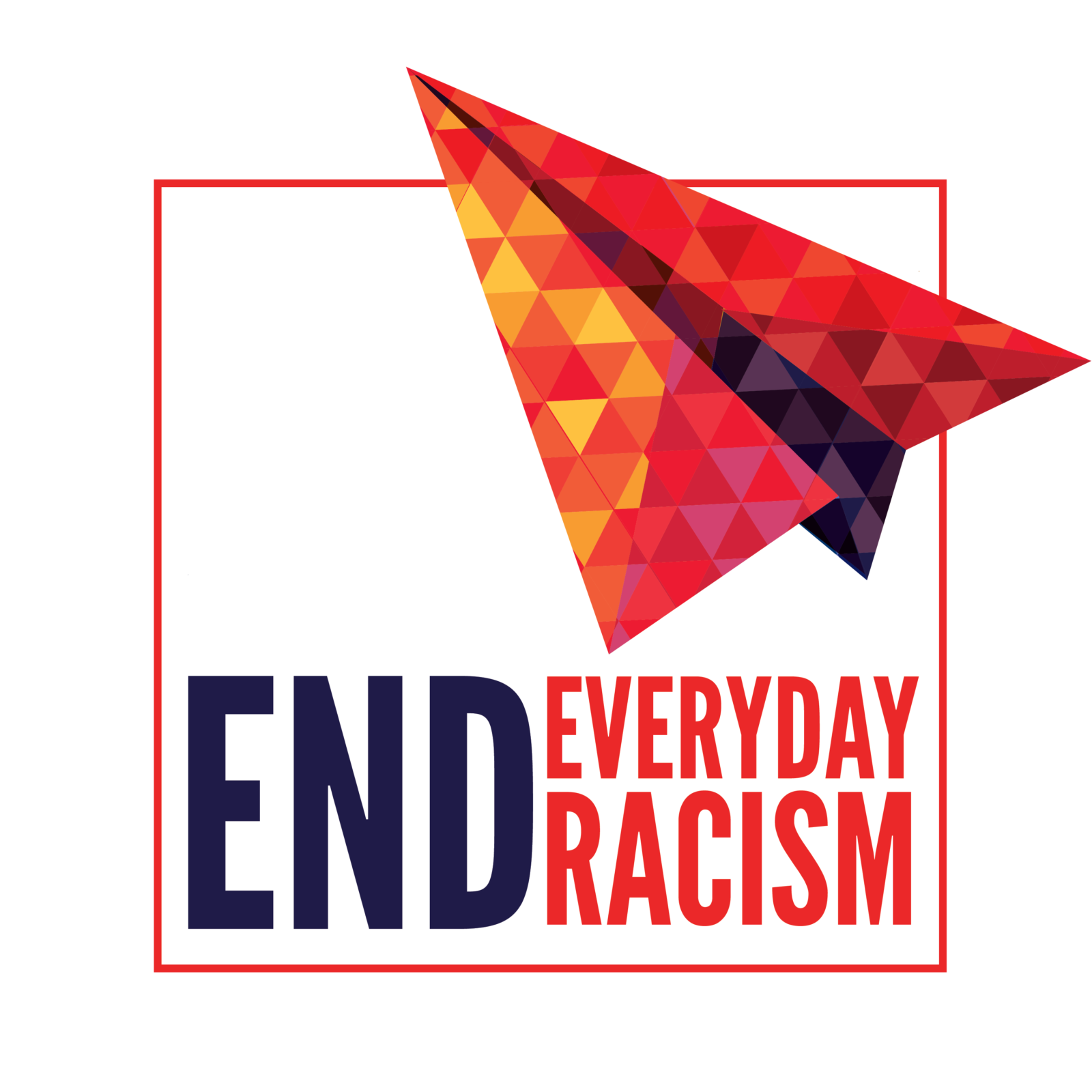Racism
We understand racism as a series of “acts, mechanisms, and processes that operate to distribute power, resources, and privilege unequally among the social groups originally defined in the history of European colonialism, using ideas that link bodies, behavior and biocultural heredity.” (Moreno Figueroa & Wade 2022: 10). Racism is a form of social organisation that is based on inequality and oppression.
Everyday racism
Everyday racism encompasses both direct racist attacks as well as microaggressions: daily, seemingly small and subtle ways in which racism is experienced and perpetuated. Both direct and indirect racism derive from and perpetuate racism as a system of oppression, embedded in social structures.
Sometimes racism can even appear through apparently ‘well-meaning’ comments or actions, where the person acting or commenting may not be aware of being racist and intends ‘well’, yet this does not negate the existence of racism.
Direct racism
Direct racism includes "acts of stigmatization, in which people demean and violate the worth of others (with insults, jokes, threats, negative stereotyping, negligence, etc.) and acts of discrimination in which people deny others access to valued resources (employment, land, services, housing, etc.) This may require a certain level of conscious intention, but it may not.” (Moreno Figueroa & Wade 2022: 10-11)
Structural racism
Structural racism refers to "a diverse set of processes and forces that work to disadvantage a racialized category, processes that work through concrete organizations but also through social structures that extend beyond the bounds of particular institutions, understood as concrete organizations.
"A historical perspective is vital here in order to grasp processes that were in the past overtly racialized (e.g., enslavement, colonial practices of violent dispossessions, land expropriation, labor exploitation, polices and practices of racial segregation) and that established deeply rooted material-semiotic patterns of inequality.
"These patterns may persist because of the operation of policies and practices that no longer appear overtly racialized but that still work to maintain racial inequality” (Moreno Figueroa & Wade 2022: 11).
Witnessing
Despite its colloquial conceptualisation as an act of observers or bystanders, we understand witnessing as an act by anyone reacting to injustices – in this case, everyday forms of racism either experienced or observed.
Submitting a testimony to the EER platform is an example of acting on everyday racism, and hence is an act of witnessing. Witnessing is both a means and an end; it is a means to remedying injustices, but speaking and hearing testimony also has value in and of itself as an act of solidarity (McPherson 2022).
END EVERYDAY RACISM AT CAMBRIDGE

